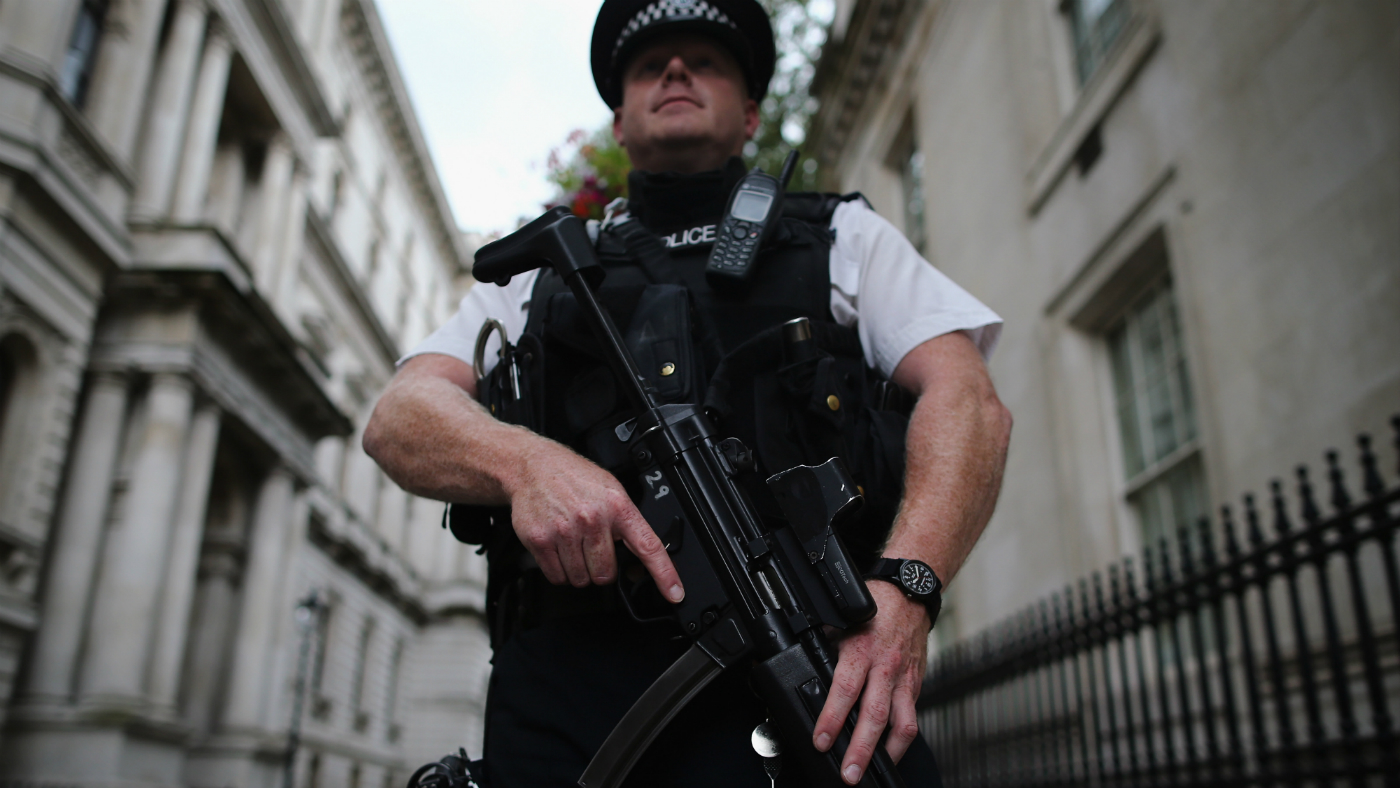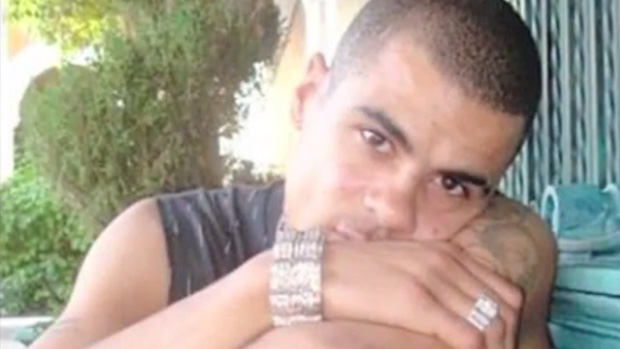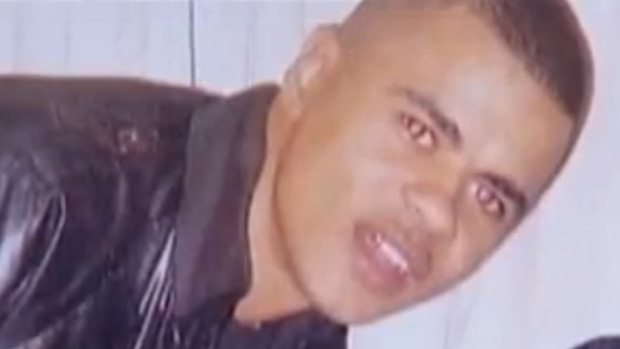Mark Duggan inquest: police must regain the public’s trust
30 years ago the public would have had no problem believing the police version of events. Not any more

A free daily email with the biggest news stories of the day – and the best features from TheWeek.com
You are now subscribed
Your newsletter sign-up was successful
IN THE WAKE of the Mark Duggan inquest jury’s exoneration of the police who in August 2011 shot dead the 29-year-old mixed race father of six, the increasingly urgent question in the public mind will be ‘Who now takes the word of a police officer as gospel?’
Up to a point, the inquest jury did in that, by a majority of eight to two, it found Duggan (alleged by police at the time of his death to be a major player in armed gang warfare) to have been lawfully shot.
Those who most vociferously contend that the police cannot be trusted to tell the truth are the family, close friends and supporters of Duggan, who after the inquest verdict abused and jostled jurors and created such an angry storm outside the court that a senior Scotland Yard officer’s statement could not be heard.
The Week
Escape your echo chamber. Get the facts behind the news, plus analysis from multiple perspectives.

Sign up for The Week's Free Newsletters
From our morning news briefing to a weekly Good News Newsletter, get the best of The Week delivered directly to your inbox.
From our morning news briefing to a weekly Good News Newsletter, get the best of The Week delivered directly to your inbox.
The rejection of the verdict extends to Tottenham where Duggan lived. Today a fragile calm lies across those north London streets.
Others further afield who may have kept no more than half an eye on the inquest proceedings probably feel somewhat conflicted. How did the gun, alleged to have been in Duggan’s possession when armed police stopped the cab in which he was travelling, come to be found 20 feet away on the other side of a fence when no one saw it thrown? One eyewitness said that when Duggan emerged from the car he appeared to be on the point of surrender. Yet he was shot.
Thirty years ago the Great British Public would have had no problem in believing the police version of events. There might have been some untidy ends, but these would have been considered natural in the confusion of the moment. Duggan would – outside the ranks of his immediate circle – have been dismissed as a criminal who had brought his death on his own head. There would probably have been relief that a man said by officers to be highly dangerous had been removed.
Not so now. Too many times – the shooting of Brazilian Jean Charles de Menezes; the arrest of Bristol school teacher Christopher Jefferies on suspicion of murder; and, of course, the Duggan shooting – the police have been found to have issued what at best might be called mis-statements. The penny has dropped with many in the wider, law-abiding public that not all police (or even their forces) are as honest and honourable as those raised in the era of Dixon of Dock Green might once have believed.
A free daily email with the biggest news stories of the day – and the best features from TheWeek.com
Of course there have always been bent cops (dismissed in days gone by as ‘rotten apples’). However, officers who tell lies are now far more likely to be exposed both because the public is less trusting and because ‘citizen journalism’, making use of of mobile phone video and recordings, often shows a very different side to the story.
Coincidentally, as reported by the Daily Telegraph earlier this, an amateur photographer who took pictures of a road accident in Gloucestershire had a run-in with a police sergeant who seized his camera and abused and threatened him. “We’ll nick you now and I will make your day a living hell, ‘cos you’ll be in that cell all day. What I’ll probably do is ask for you to be remanded in custody.” These threats were larded with swearing. Unknown to the not very savvy cop, the photographer was recording his words. It is now the sergeant not the citizen who faces the music.
Such incidents lower respect for and belief in the police. We have yet to hear the outcome of the Plebgate affair– former Cabinet minister Andrew Mitchell accuses Downing Street police of putting words into his mouth in the now notorious episode of the bike and the gates – but Midlands officers have already been exposed for lying when, in an act of self-defence, Mitchell took a hidden tape recorder to a meeting with them.
There is an ancient tag ‘Who guards the guards’? It was first pronounced 2,000 years ago in the Latin words: ‘Quis custodiet ipsos custodes?’ Attributed to Juvenal, the origins of the question lie in the philosophies of Plato and Socrates. It is as valid as ever. If those who enforce the law behave as if they are above it, what protection does anyone have from arbitrary abuse and mistreatment – be they cabinet ministers or young black men stopped and searched on the streets of Tottenham?
Senior officers are (on the whole) no fools. Sir Bernard Hogan-Howe, the Metropolitan commissioner, has announced that he will go immediately to meet community leaders in Tottenham. But pledges that “lessons have been learned” are standard procedure and no longer wash. Now police leaders must not only mean what they say, but enforce it. Fine words are useless unless they are accompanied by action and – in this case – a genuine change of heart.
-
 What to know before filing your own taxes for the first time
What to know before filing your own taxes for the first timethe explainer Tackle this financial milestone with confidence
-
 The biggest box office flops of the 21st century
The biggest box office flops of the 21st centuryin depth Unnecessary remakes and turgid, expensive CGI-fests highlight this list of these most notorious box-office losers
-
 What are the best investments for beginners?
What are the best investments for beginners?The Explainer Stocks and ETFs and bonds, oh my
-
 UK's armed police to wear head-mounted cameras
UK's armed police to wear head-mounted camerasSpeed Read Cameras will be attached to caps and helmets in wake of death of Mark Duggan in 2011
-
 Mark Duggan: IPCC says sorry for claiming he shot at police
Mark Duggan: IPCC says sorry for claiming he shot at policeSpeed Read Watchdog apologises for telling media the 29-year-old fired at police before they shot him
-
 Mark Duggan inquest: what the jury had to decide
Mark Duggan inquest: what the jury had to decideIn Depth Inquest jury heard evidence that police marksman was mistaken over order of shots